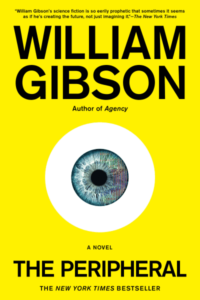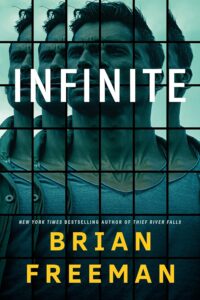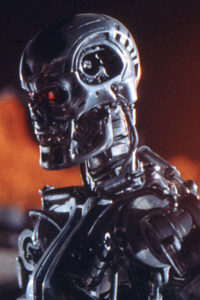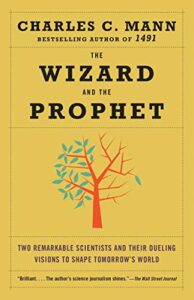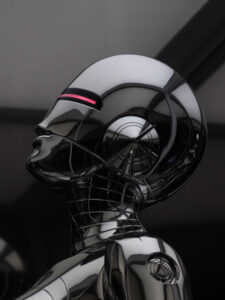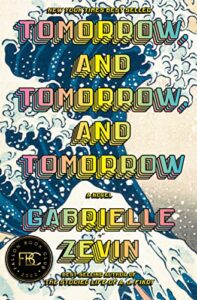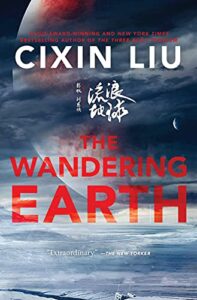I enjoy William Gibson’s science fiction novels. He has a knack for projecting technologies into the future. For example, I was fascinated by how he envisioned cyberspace and the concept of virtual worlds in Neuromancer, which was published in 1984, well before the popularity of the internet.
Ever since reading Neuromancer and Count Zero, I’d been wanting to read more of Gibson’s work. The Peripheral kept showing up in my reading recommendations. So when I saw that Amazon was turning the book into a television series, I decided to prioritize it on my reading list so I could read it before watching it. I always find it interesting to see how directors take an author’s work and convert it to a visual form.
Continue reading
